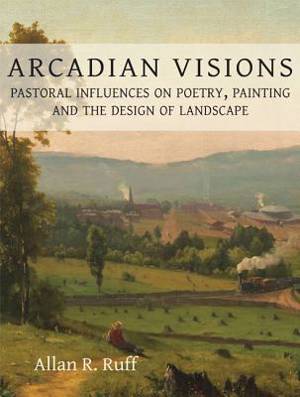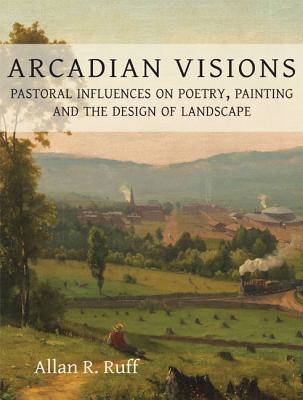
- Retrait gratuit dans votre magasin Club
- 7.000.000 titres dans notre catalogue
- Payer en toute sécurité
- Toujours un magasin près de chez vous
- Retrait gratuit dans votre magasin Club
- 7.000.0000 titres dans notre catalogue
- Payer en toute sécurité
- Toujours un magasin près de chez vous
Arcadian Visions
Pastoral Influences on Poetry, Painting and the Design of Landscape
Allan R. Ruff
Livre relié
55,95 €
+ 111 points
Description
Major new appraisal of the influences of Arcadia and the pastoral tradition on the arts and landscape design and management from the Classical period to the present day
Spécifications
Parties prenantes
- Auteur(s) :
- Editeur:
Contenu
- Nombre de pages :
- 288
Caractéristiques
- EAN:
- 9781909686663
- Date de parution :
- 30-06-15
- Format:
- Livre relié
- Dimensions :
- 193 mm x 257 mm
- Poids :
- 1026 g

Les avis
Nous publions uniquement les avis qui respectent les conditions requises. Consultez nos conditions pour les avis.






